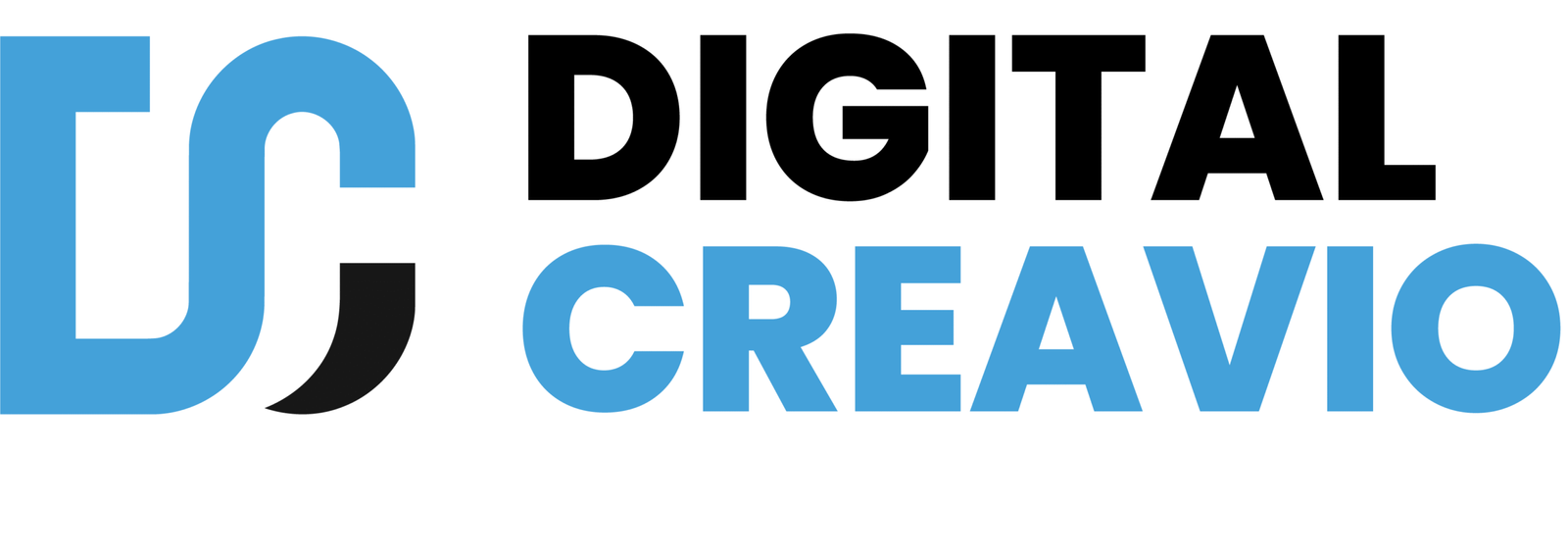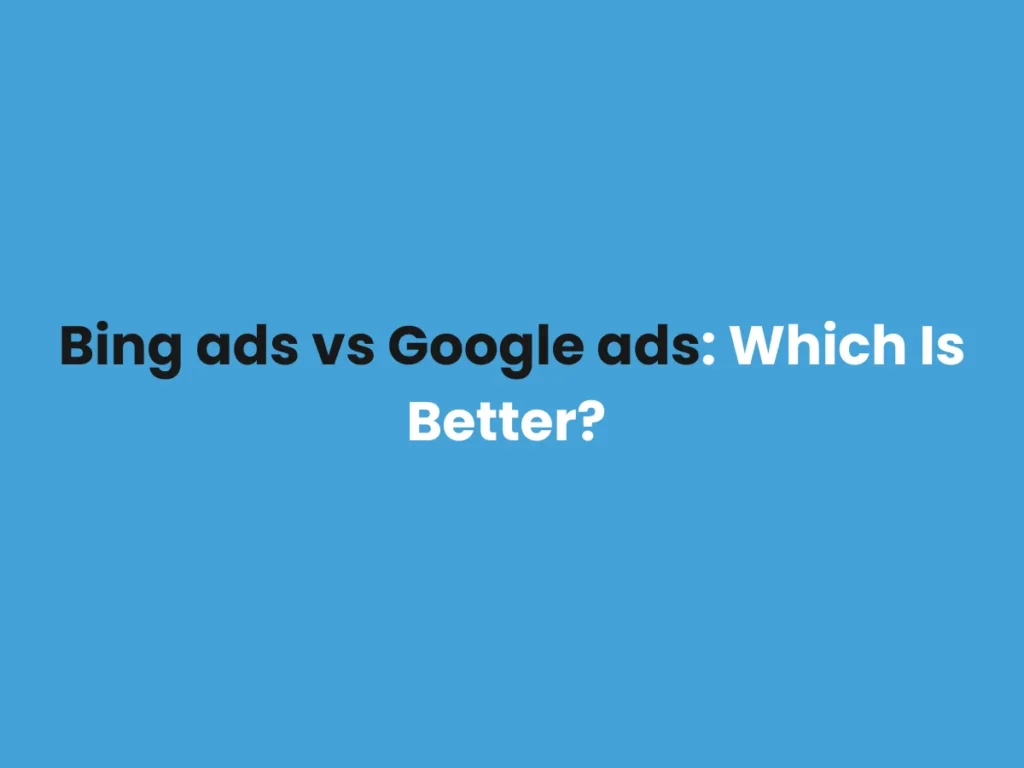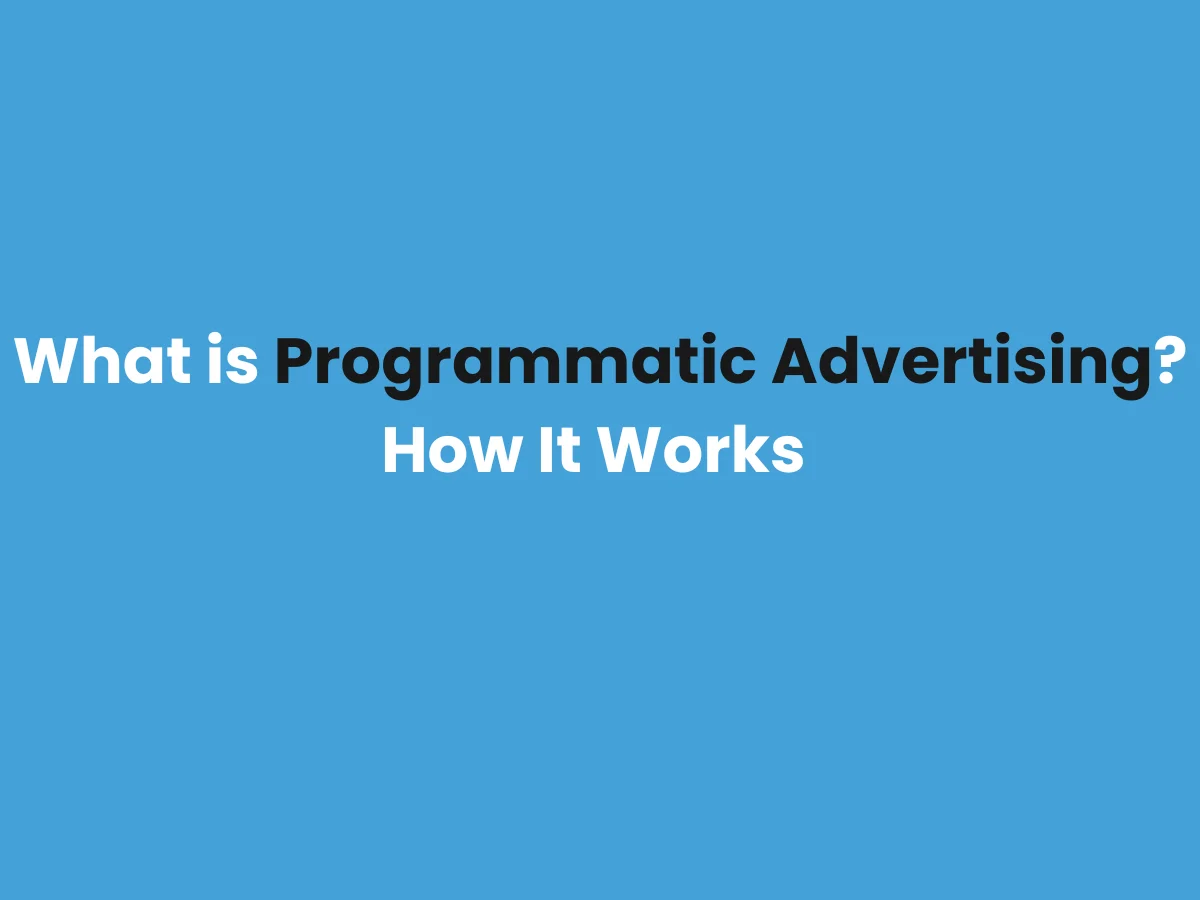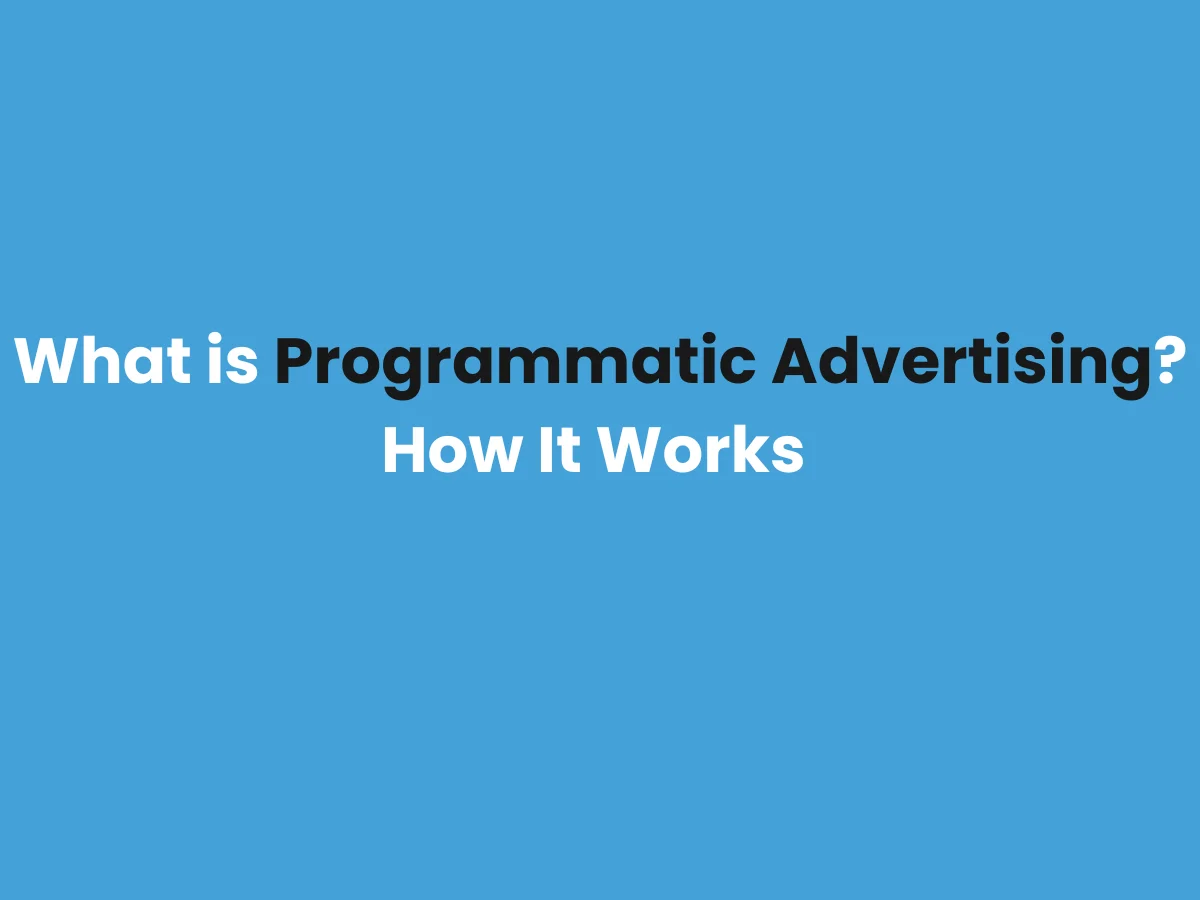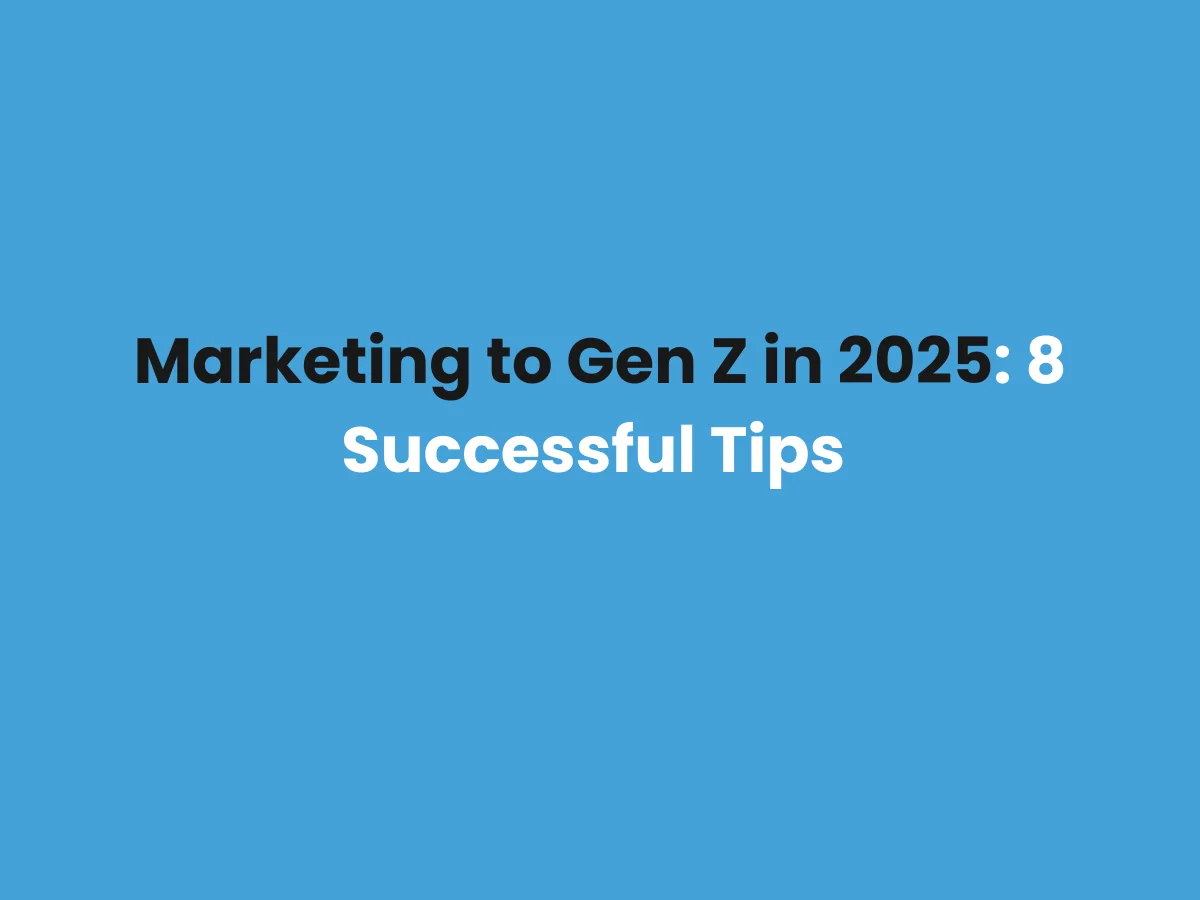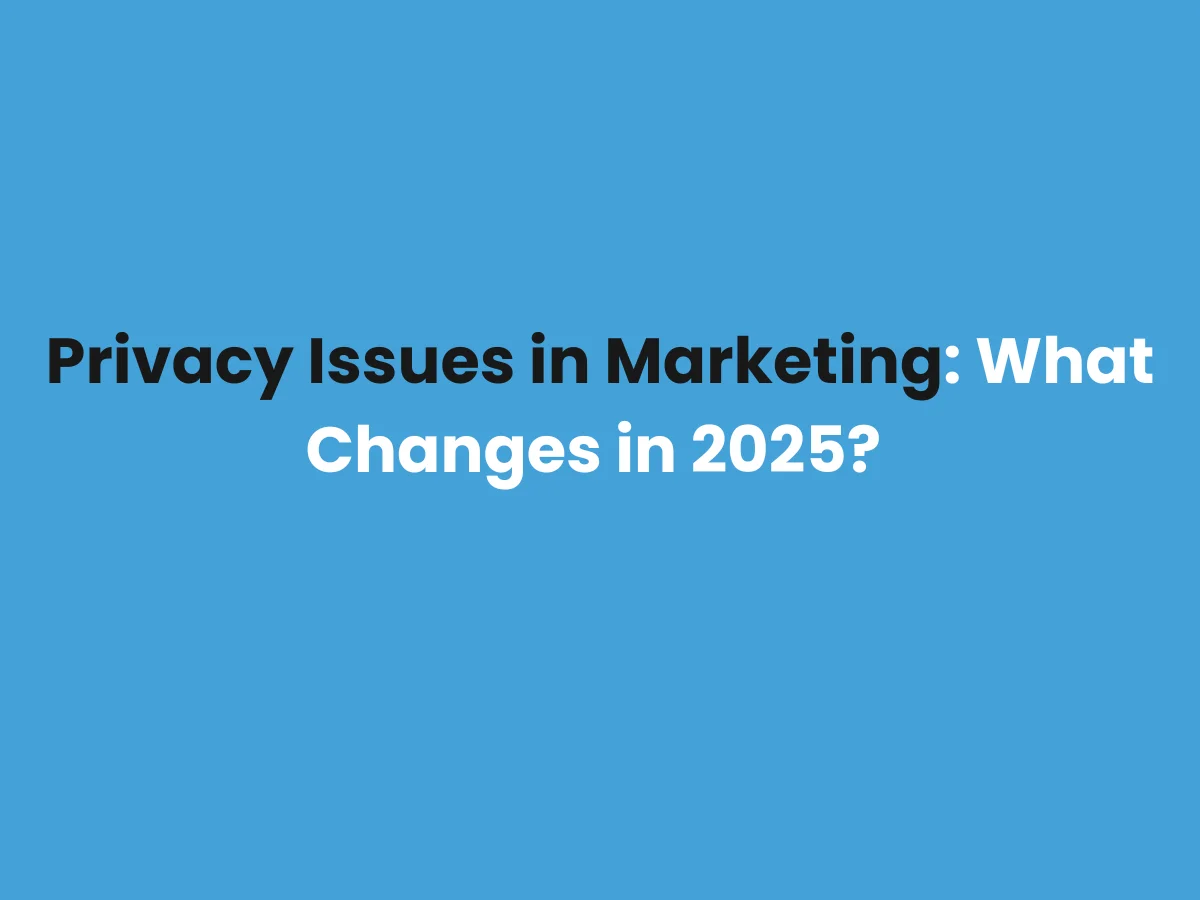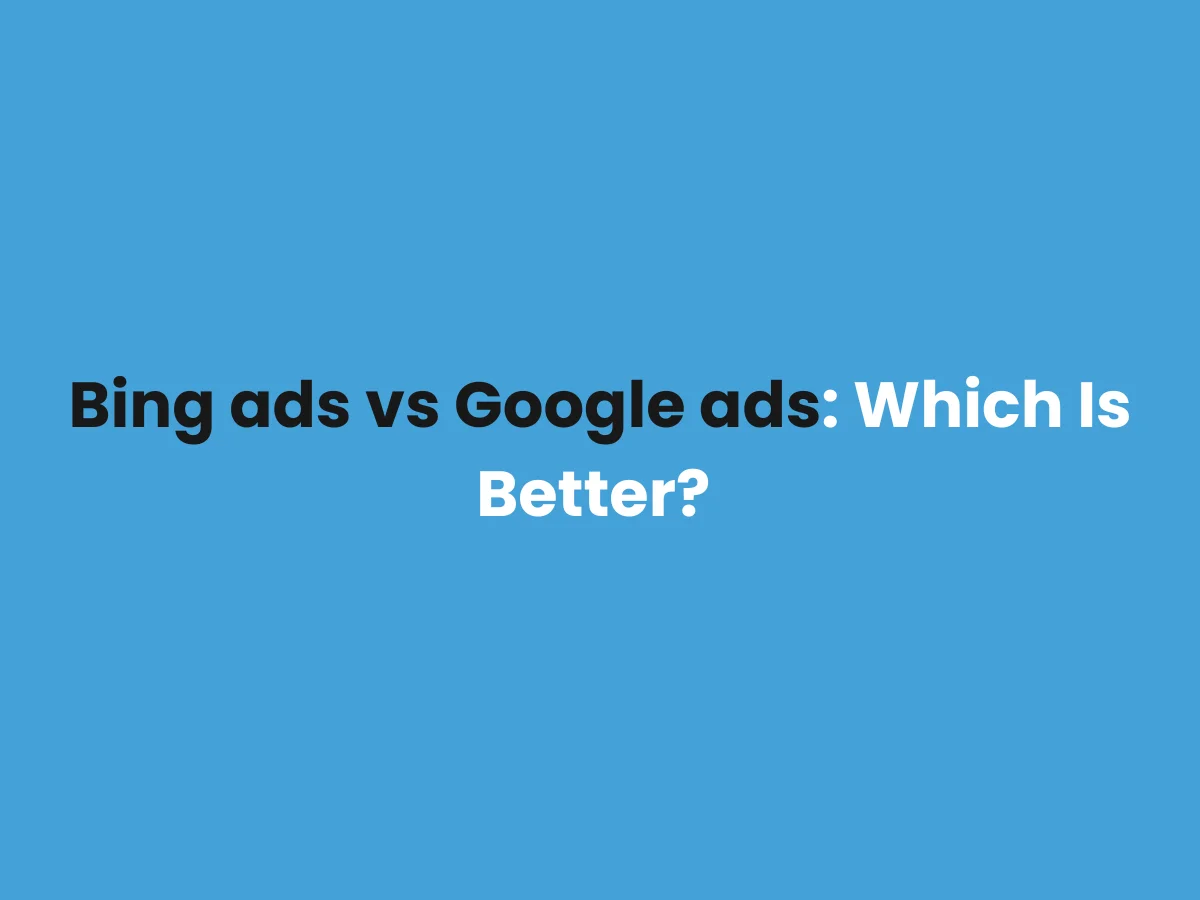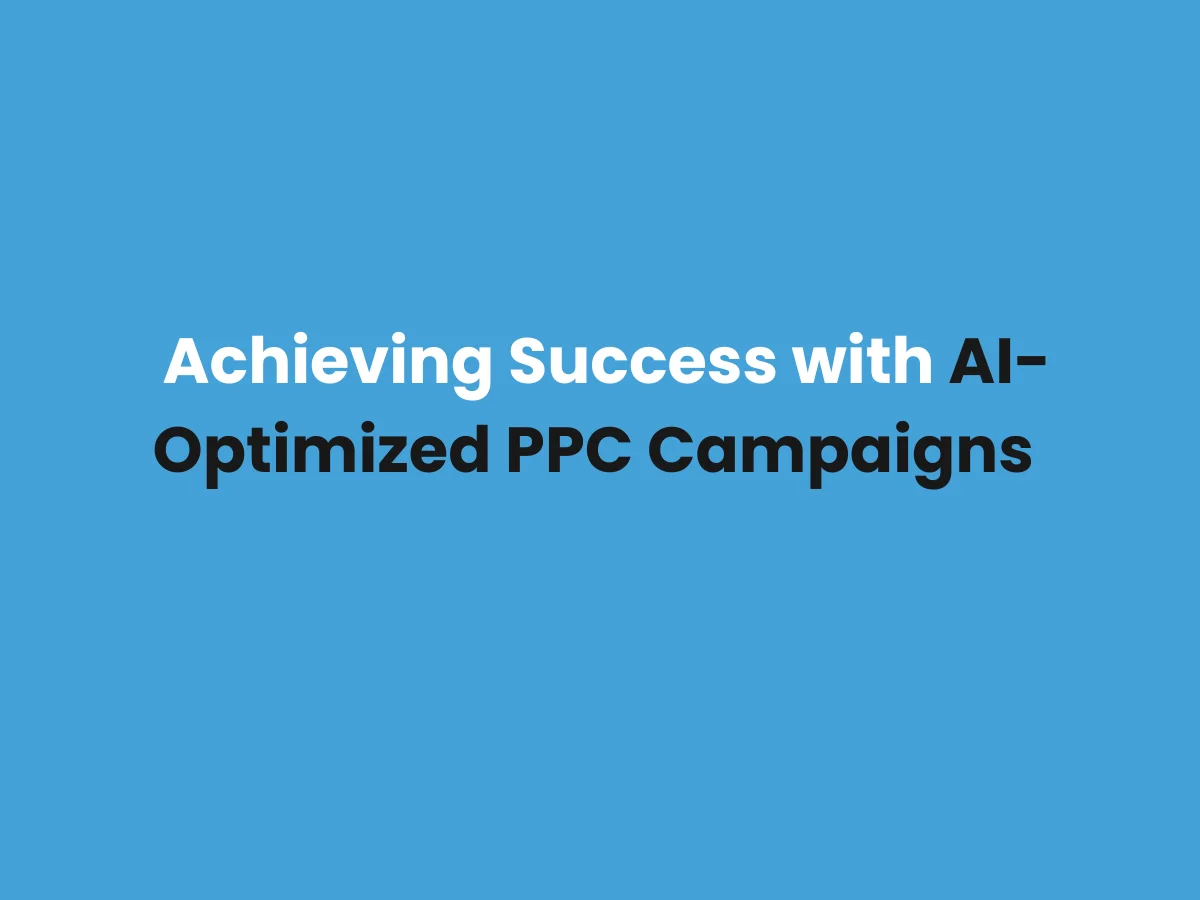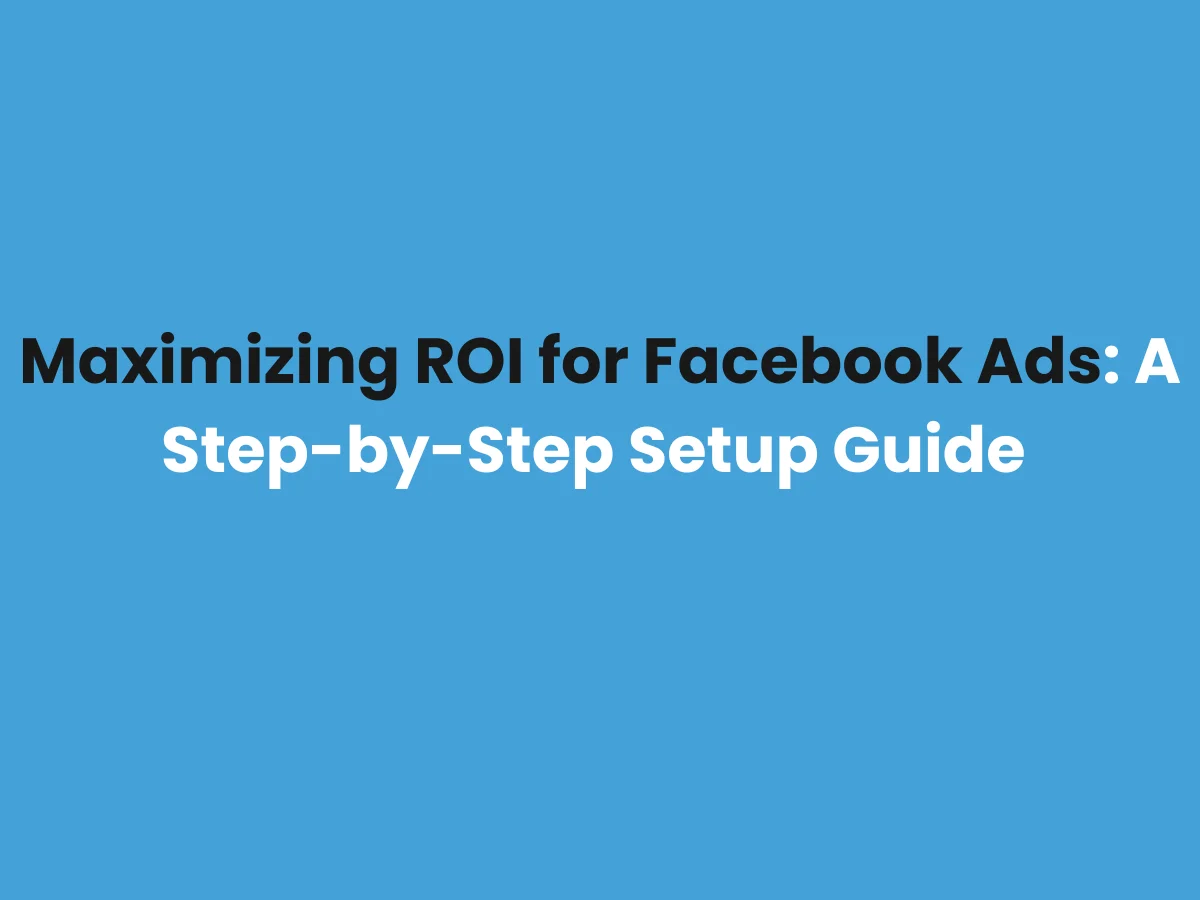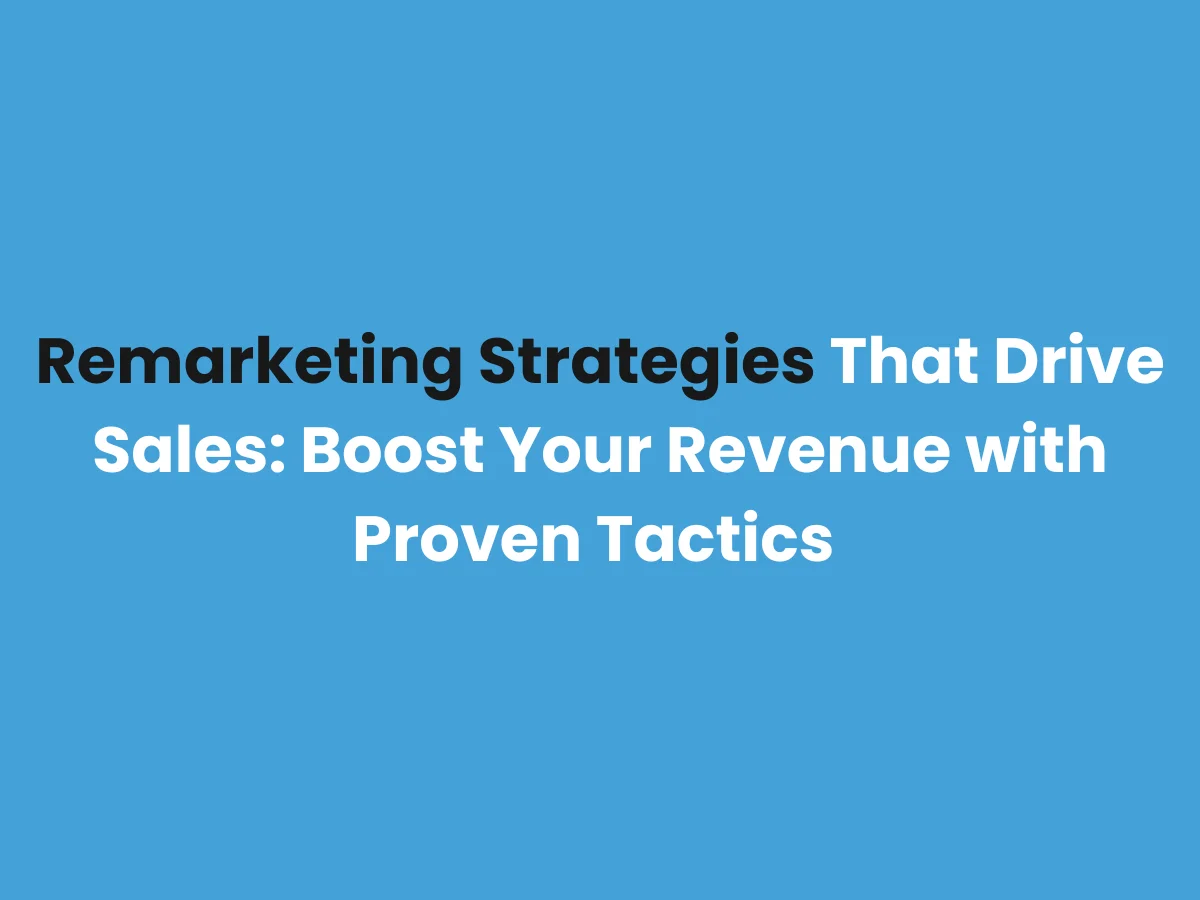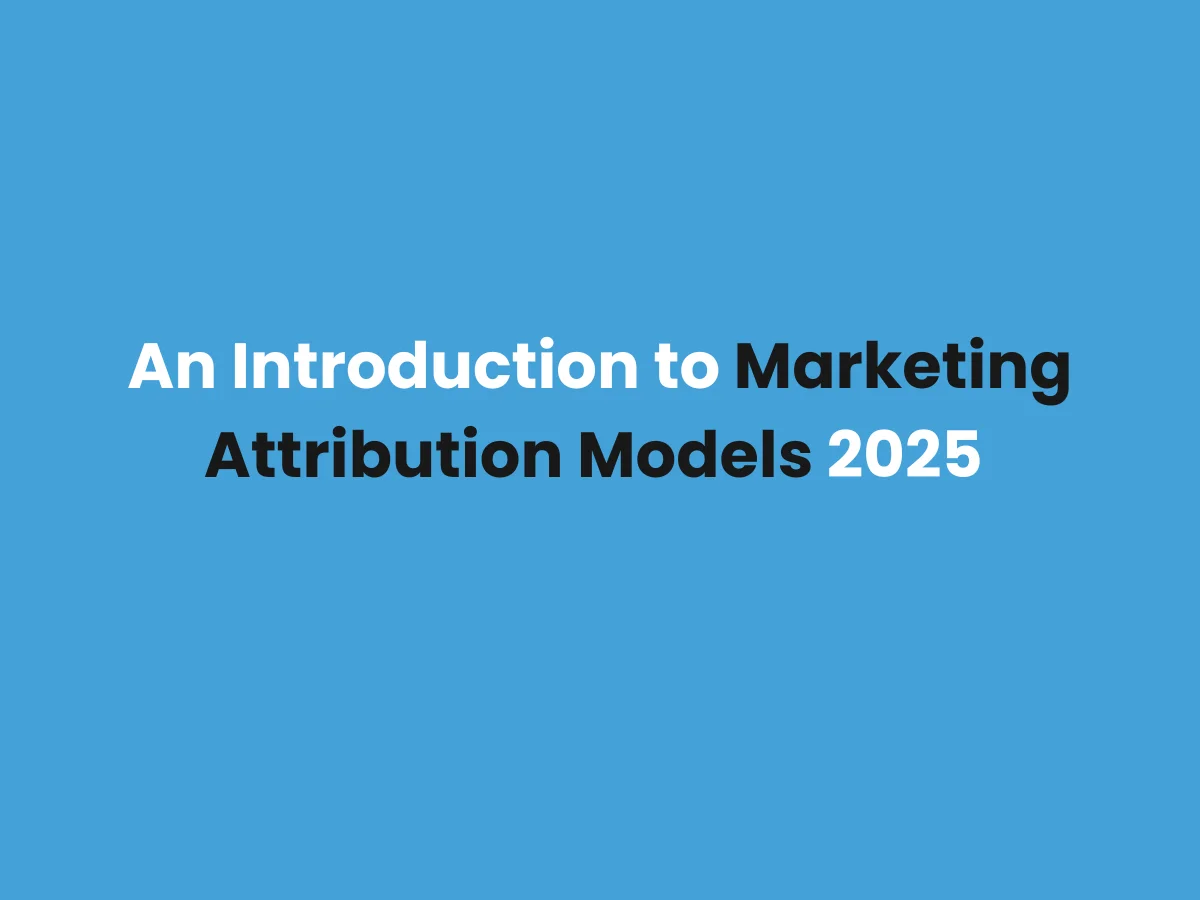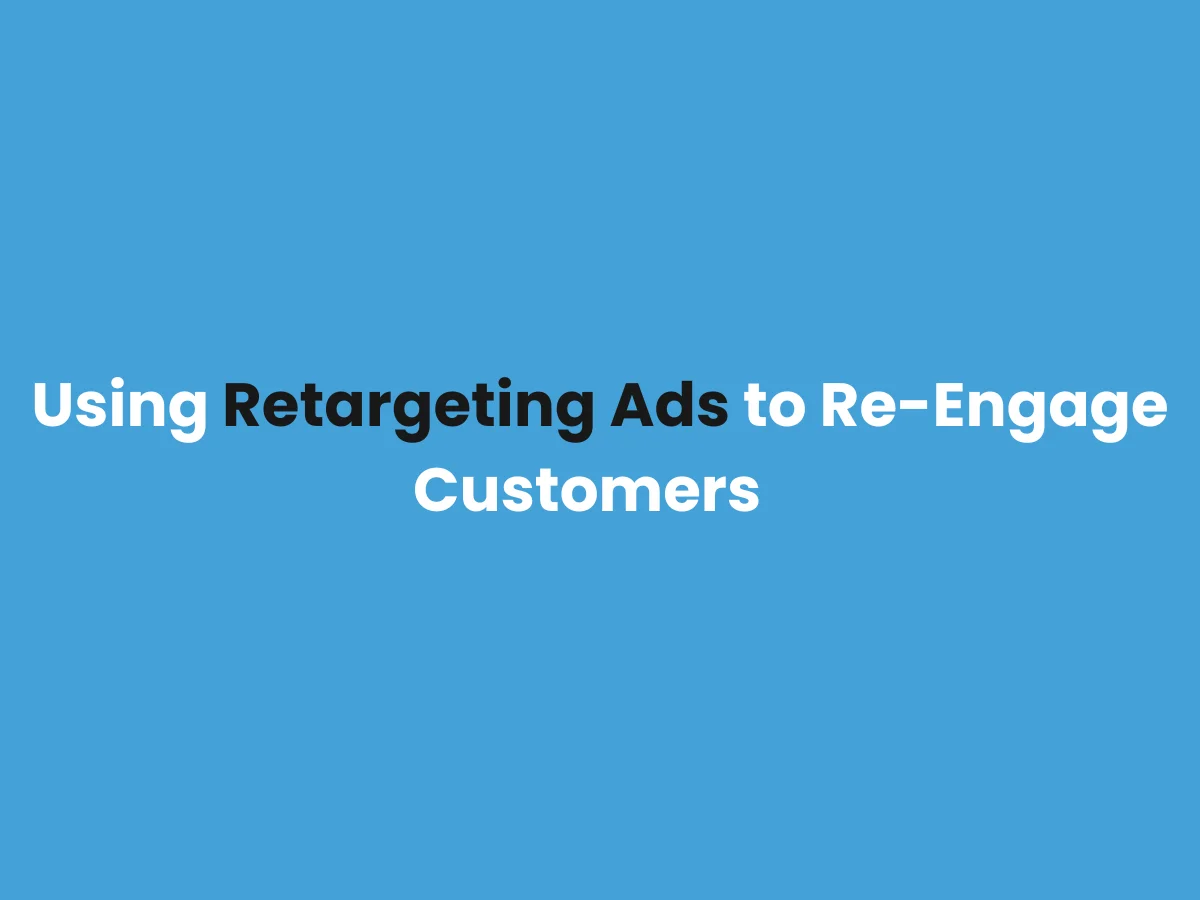In the ever-evolving world of digital marketing, choosing the right advertising platform can make or break your PPC (pay-per-click) campaigns. One of the most common debates in this space is: bing ads vs Google ads. Both systems provide strong tools to promote an online presence, but which one is the right one for you? So let’s discuss them in detail along with some pros and cons of using them and how they differ from one another.
Overview: Google Ads and Bing Ads
Google Ads dominates the PPC landscape, offering unparalleled reach and robust features. As the largest search engine globally, it provides two primary networks:
- Search Network: Displays text ads on Google’s search engine results pages (SERPs).
- Display Network: Features visual ads across millions of websites.
On the other hand, Bing Ads, now known as Microsoft Advertising, powers ads across Bing, Yahoo, and AOL. This integration allows advertisers to reach a combined audience on all three platforms, offering distinct advantages despite its smaller market share.
Comparing Key Aspects of Bing Ads and Google Ads
1. Audience Reach
Google Ads is presently the main force in terms of coverage as it is currently responsible for processing over 90% of searches worldwide. This makes it the ideal platform for businesses who wish to take advantage of the market and appeal to a wide demographic.
On the other hand, Bing Ads targets about 34% of the desktop search engine market share. While smaller, Bing’s audience includes:
- 136 million unique monthly users.
- Specific clients include a large percentage of, those who are growing older, have greater levels of income disposable income. Demographic speakers reveal that 35-54 year-old, who make up nearly 40% Bing users, have annual household incomes greater than $100,000 for a third of them.
Takeaway: Google Ads is best suited for broad-market communication and dispersion while Bing Ads is perfect for micro-segmenting the market and targeting business people.
2. Cost Efficiency
Cost effectiveness is one of the key advantages that users of Bing Ads can highlights. Hence Bing’s price per click (CPC) is cheaper than that of Google since it has limited number of competition for keywords. Moreover some industries have noted that their CPCs are up to 70% less on Bing.
Google’s higher traffic volume can result in more conversions, but it comes with higher competition and costs. Smaller advertisers can easily find Bing suitable for their needs since they help searchers get ROI without burning lots of cash.
Takeaway: If budget constraints are a concern, Bing Ads offers a cost-effective alternative without sacrificing quality.
3. Keyword Targeting and Traffic Quality
Both platforms provide advanced keyword tools, including broad match, phrase match, and negative keywords. However, this large user base of Google guarantee more frequent searches on most keywords than Bing where the traffics might not be as high.
Interestingly, Bing Ads provide higher CTR for such industries as finance or retail due to its target audience. Also, Bing receives more engaged traffic as people who visit it are more targeted when choosing a search engine.
Takeaway: Google Ads gives volume, but Bing Ads provides unique access to drive engagement and conversions.
4. Features and Targeting Options
| Feature | Google Ads | Bing Ads |
| Device Targeting | Limited mobile targeting | Granular device targeting |
| Ad Scheduling | Campaign-level adjustments | Ad group-level adjustments |
| Import Campaigns | N/A | Direct import from Google Ads |
| Transparency | Limited partner details | Detailed partner traffic reports |
Takeaway: Bing Ads’ advanced targeting and transparency options make it a versatile choice for advertisers seeking granular control.
5. Conversion Rates and ROI
Studies show that Bing Ads often achieve higher conversion rates in certain industries, such as automotive and finance. This can be attributed to:
- Less competition.
- Higher intent-driven searches.
- A more focused audience.
While Google Ads generates more conversions overall due to its reach, Bing’s lower CPC often results in a better ROI for advertisers.
Takeaway: For ROI-focused campaigns, Bing Ads can outperform Google Ads in specific scenarios.
When to Use Google Ads
- Your goal is maximum visibility across diverse demographics.
- You’re targeting high-traffic keywords.
- Your industry benefits from broad awareness campaigns.
When to Use Bing Ads
- Your audience includes older, higher-income individuals.
- You’re working with a limited budget and need cost-effective solutions.
- You want greater control over device and ad group targeting.
Using Both Platforms Together
For many businesses, the best strategy is not “bing ads vs google ads” but “Bing Ads and Google Ads.” By integrating both platforms, you can:
- Extend your reach to unique audiences.
- Balance costs by leveraging Bing’s affordability.
- Maximize conversions with Google’s vast traffic.
Conclusion
To my understanding, Bing ads vs Google ads is simply a mixture of Bing Ads and Google Ads are the most effective. In a recently concluded campaign advertising on the finance industry, Bing Ads offered 60% lower CPC and a 30% higher conversion rate as compared to Google. Google Ads served to entice a wider audience leaving no other segment untouched.
Well, which of the two is the best platform for you? Well, the answer depends on your objectives, target viewers and fiscal means – and the above described approaches may help to define the best option in this case. First of all, based on your goals to achieve, think about how you may utilize both platforms to strengthen each other.
Now it’s your turn: Have you used Bing Ads or Google Ads? Out of the two platforms, which one was effective for your business? Please share your thoughts and ideas in comments section below!
So the cooperation with both Bing Ads and Google Ads allows starting a strong PPC campaign that enhances the coverage, decreases the expenses, and increases the result.
Read Also: Maximize ROI for facebook ads
